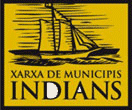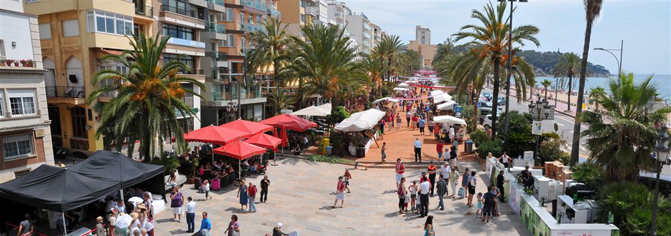Morning
Afternoon


The central aim of this programme is to contribute towards the promotion of European citizenship and identity through an awareness of the common heritage of Europe and the development of cultural links and dialogue in Europe and with other countries and regions. It seeks to shape a common cultural space by instigating cultural routes in order to encourage awareness of heritage, education, the creation of networks, sustainable cross-border high-quality tourism and related activities.

A Council of Europe Cultural Route is a cooperation project in the field of Cultural, Educational and Tourist Heritage in Europe, aimed at developing and promoting one or several routes based on a historical way of communication, a cultural concept, a person or a phenomenon with international importance and significance for the understanding and respect of common European values. It may be a physical route or a network of heritage sites. A total of 33 Cultural Routes, devoted to various aspects of Cultural Heritage (architecture, art. prehistory, historical persons, religious routes, traditional cultures, etc.), are currently recognised by the Council of Europe.

What are the advantages of the recognition?



Thursday 20
Morning
Afternoon
Friday 21
Morning
I INTERNATIONAL FORUM on EMIGRANT TOWNS and EUROPEAN POST-COLONIAL HERITAGE
Lloret de Mar, 20-21 / Sept. 2018
Municipal Library of Lloret de Mar (Pere Torrent Square, 1)
Av. Just Marlès, 21-23
17310 LLORET DE MAR
Tel. +34 972 36 51 88
info@hoteldelamarlloret.com
www.hoteldelamarlloret.com
Double room – Bed & breakfast: Eur 76.50
Single room – Bed & breakfast: Eur 61.50
Double room - Half Board date 20/09: Eur 96.90
Single room - Half Board date 20/09: Eur 81.90
Lunch date 20/09 : Eur 18.00 € (drinks no included)
The inscription is free and includes the participation, the coffee breaks and the official dinner.
Accomodation and lunch expenses are not included.
IMPORTANT: The attenders have to booking their rooms and lunch 20/09 directly in the hotel indicating that the booking is for participants in the INTERNATINAL FORUM ON EMIGRANT TOWNS AND EUROPEAN POST-COLONIAL HERITAGE, 20 - 21 de September 2018.